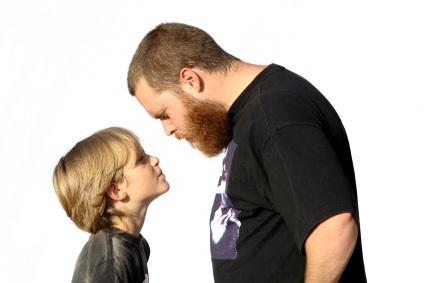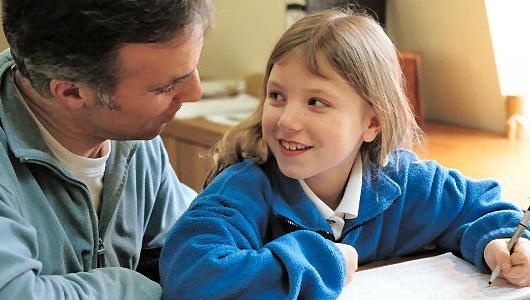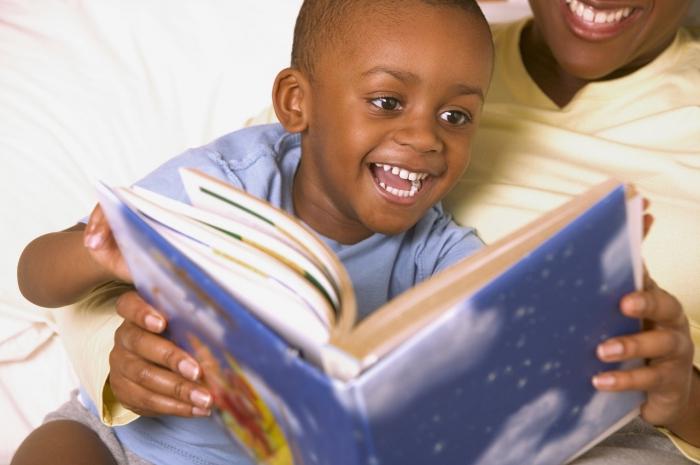Many parents approach parenting very responsibly. Sports and educational activities, health care, musical and aesthetic education. And there are parents who put spiritual and moral education of younger students in the first place, sometimes even to the detriment of additional education. Is it justified? What is spiritual and moral education, what goals does it pursue?

What is morality is clear to everyone: it is a guideline of a person to his own conscience, a desire to do what is good according to human concepts and not to do what is bad. Any adult will agree that it is necessary for the child to explain what can be done and what is not and why. It is often said that parenting is the imitation of parents. This is true, the child really takes an example from the members of his family, tries to correspond to its general level. But you still cannot do without theory: why did mom decide to help one person and refuse another? Is it possible to skip school and say that I was sick? Is it possible to write off homework from a solved person? And why all this can be done or not. Different parents will give different explanations, the concepts received by the child will also be different. The goal of moral education of younger schoolchildren is to develop attention to their own conscience and the desire to act in accordance with it.

But the term “spiritual” is not always understood. What it is? Usually considered religious education. Russian philosophers of the 19th century believed that man is three-component: body, soul and spirit. In this case, it is very easy to determine what exactly the educational methods are acting on: sports, health and hygiene skills are body habits, music and art, a love of literature and a good education are the soul, and religious aspirations are the spirit. Therefore, the spiritual and moral education of elementary school students is, first of all, religious education. Often the phrase "religious education" is somewhat scary. Associations with a bursa or a monastery shelter arise. In fact, religious education does not carry anything threatening in itself, but it can only be given by believing parents.

Spiritual and moral education of younger students is carried out in Sunday schools, in families and in Orthodox camps. What does it include? Is it possible to impose your faith on a child? Teach him to pray and communicate with God? Indeed, it seems that all this should be a person’s personal choice. But the choice can only be made when you have information, so classes on the Holy History, presence at divine services, constant conversations with parents on the topics of God's commandments are elements of that spiritual education. The choice really needs to be provided, but it will be so in the child in adolescence and youth. In any case, moral and spiritual education of younger students is carried out in the family. If the parents are atheists, they give their children the appropriate upbringing, if they are indifferent to religion or, in fact, are pagans, they pass on to their children the corresponding worldview.
Children need spiritual guidelines, so they take them from their parents. It is good if the concepts that children eventually learn are logical and moral, and this is most often the case when spiritual and moral education of younger students is carried out by religious people.